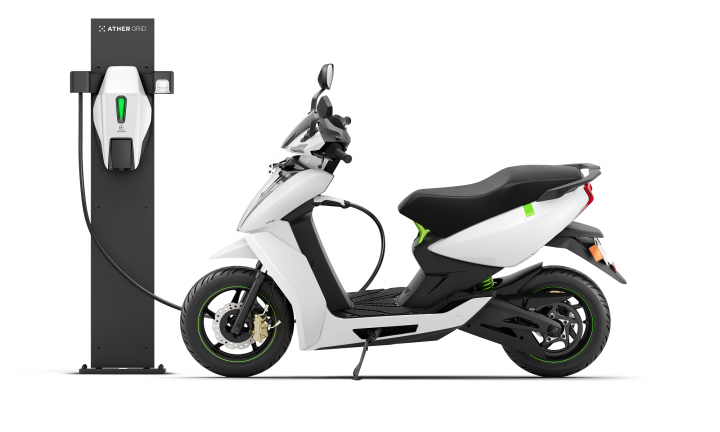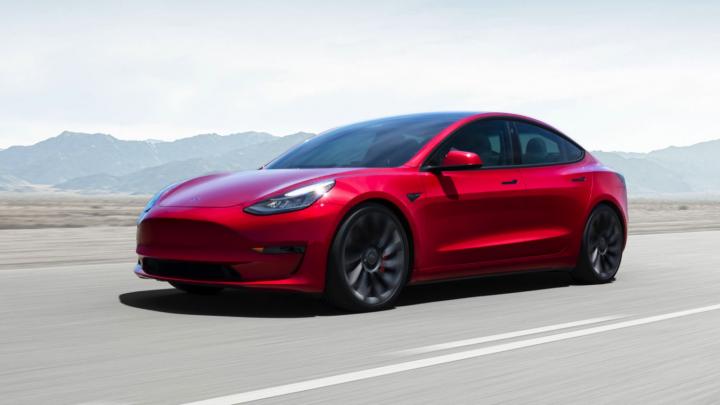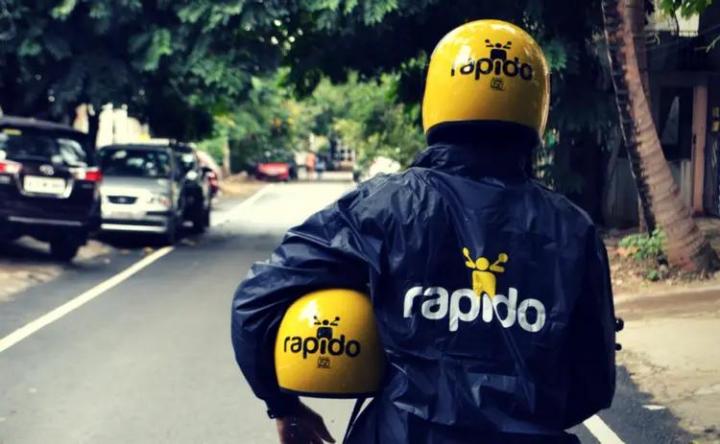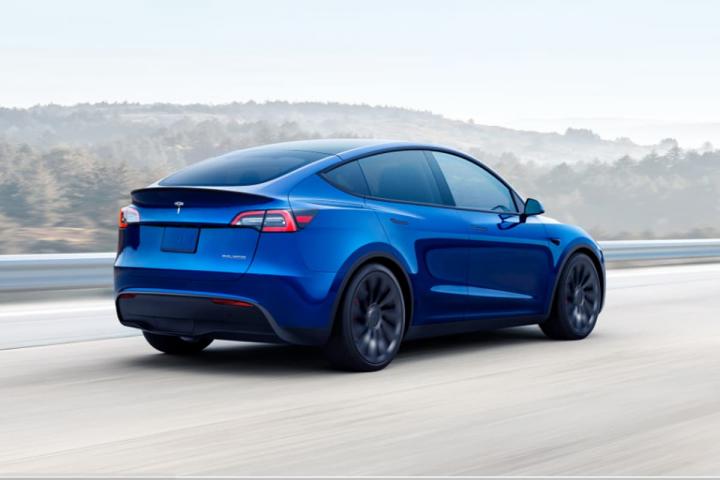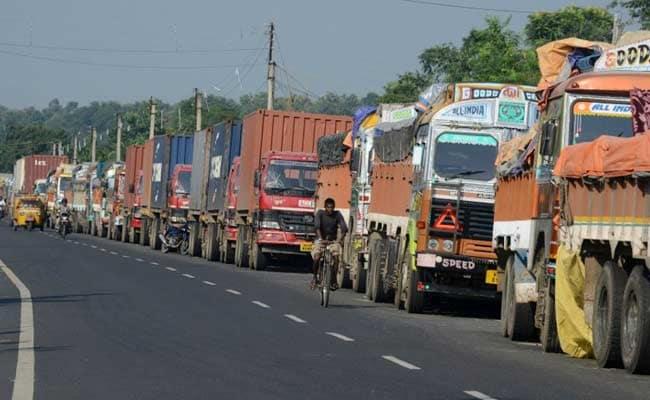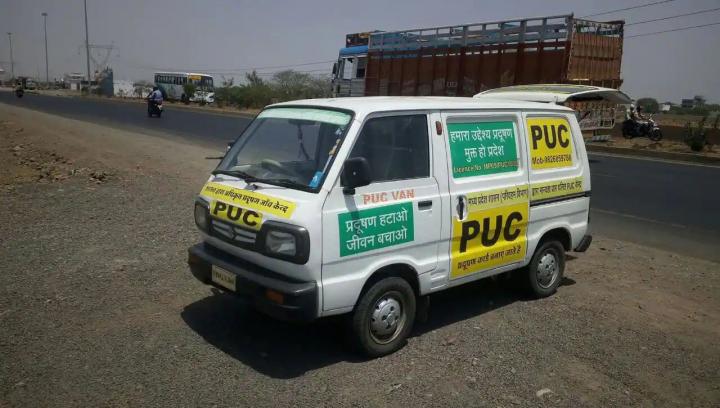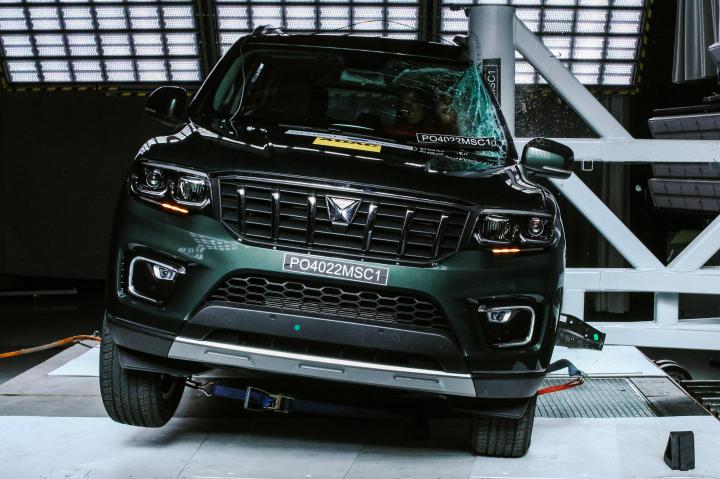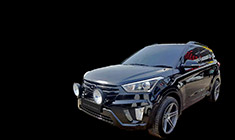News
Rs 500 crore EV Promotion Scheme comes into effect from April 1
FAME-II (Faster Adoption and Manufacturing of Electric Vehicles in India) program ended on March 31, 2024.
The government’s new Electric Mobility Promotion Scheme 2024 (EMPS 2024) has come into effect from April 1, as the FAME-II (Faster Adoption and Manufacturing of Electric Vehicles in India) program ends on March 31, 2024.
The EMPS 2024 scheme was introduced earlier this year, with the aim of accelerating the adoption of EVs in the country. Under the new scheme, the government will provide subsidies for electric 2-wheelers and 3-wheelers.
Under the new scheme, the government will support up to 3.33 lakh electric 2-wheeler buyers with a subsidy of up to Rs 10,000. 41,000 e-rickshaw and e-cart customers will get a subsidy of up to Rs 25,000. The government will also provide financial support of up to Rs 50,000 for large 3-wheelers.
With the EMPS 2024 scheme, the government aims to support 3,72,215 EVs. The budget outlay for the scheme is Rs 500 crore and will be effective until July 31, 2024.
Source: ET
News
Govt. approves new EV policy paving the way for Tesla to enter India
Companies will be allowed to import 8,000 EVs per year at a lower import duty of 15%.
The Government of India has approved a new EV policy that will pave the way for global brands like Tesla to enter the Indian market. A statement issued by the Ministry of Commerce and Industry states that the policy will help attract investments in the e-vehicle space from reputed global EV manufacturers.
According to the government, companies will have to invest a minimum of Rs 4,150 crore in the country. They will have 3 years to set up a local manufacturing unit for EVs with at least 25% localization.
Under the new policy, companies will be allowed to import 8,000 EVs per year at a lower import duty of 15% on cars costing $35,000 and above, which is significantly lower than the 70-100% currently levied on imported cars.
The duty waiver on EVs, which can be imported is capped at the annual PLI incentive (Rs 6,484 crore) or the investment made by the entity, whichever will be lower.
The investment commitment made by the company will have to be backed up by a bank guarantee in lieu of the custom duty forgone. The bank guarantee will be invoked in case of non-achievement of DVA and minimum investment criteria defined under the scheme guidelines.
Source: Moneycontrol
News
Govt. denies extending FAME-II scheme by 4 months
The articles also claimed that an additional Rs 500 crore had been allocated to cover subsidies.
Recently, there were reports claiming that the government had extended the Faster Adoption and Manufacturing of Electric Vehicles in India (FAME-II) scheme by 4 months. The Ministry of Heavy Industries has now issued an official statement denying these reports and has clarified that there are no plans to extend the scheme beyond March 31, 2024.
It was reported that the government had granted a 4-month extension to the FAME-II scheme till July 31. The articles also claimed that an additional Rs 500 crore had been allocated to cover subsidies for electric 2-wheelers and 3-wheelers.
The ministry, in its statement, said that the second phase of the scheme to promote the adoption of EVs in India was fund and term-limited.
While proposals for FAME-III have been submitted, its rollout is said to have been delayed due to the upcoming general elections. Reports suggest that the new scheme could get approval once the elections are over.
Source: ET Auto
News
Bike taxis could become legal as govt. passes advisory
Rapido is currently the largest platform offering bike taxi services in India.
The Ministry of Road Transport and Highways (MoRTH) has issued an advisory clarifying that motorcycles fall within the definition of contract carriages as per section 2(7) of the Motor Vehicles Act, 1988.
At present, bike taxis are permitted in select states like Goa, Telangana, Rajasthan and Uttar Pradesh. However, they have been banned in Maharashtra and Delhi. The latest advisory by the government could pave the way for more states to issue permits for bike taxis. It also aims to protect bike taxi riders from being fined due to licensing issues.
Rapido is currently the largest platform offering bike taxi services in India. It has proved to be an affordable and convenient mode of transportation, especially in crowded cities.
Source: Autocar India
News
Govt. may offer import duty cuts on EVs exceeding Rs 30 lakh
It could pave the way for brands like Tesla to introduce their products in the Indian market.
According to a media report, the government is close to finalizing a policy to extend concessions on import duties on electric cars exceeding Rs 30 lakh for 2-3 months. This could pave the way for brands like Tesla to introduce their products in the Indian market.
The report states that Tesla could be offered tax concessions in return for bank guarantees for a proposed investment to set up an electric vehicle factory in India. The American EV maker plans to invest up to US$ 2 billion if the Indian government reduces the import duty on electric cars to 15% for the first 2 years of operations.
There have been reports indicating that Tesla and the Indian government were close to finalizing an agreement that would enable the EV maker to import its electric cars into the country in 2024.
Currently, the government imposes an import duty of 100% on cars with cost, insurance and freight value of more than US$ 40,000.
Source: ET Auto
News
Truckers call off strike after govt. assurance on hit-and-run law
The new law provides for heavy penalties for hit-and-run cases, which include a jail term of up to 10 years and/or a fine of Rs 7 lakh.
The truck driver’s association has called off its nationwide protest opposing a new hit-and-run law following a meeting with government officials.
The government told members of the All India Motor Transport Congress (AIMTC) that the new law had not been implemented yet. They were also assured that a decision would only be taken in consultation with AIMTC representatives.
The trucker’s agitation entered the second day on January 2, causing massive disruptions in fuel supplies. Around 2,000 petrol pumps in Rajasthan, Madhya Pradesh, Maharashtra and Punjab are said to have run out of stock, while long queues were witnessed at others. The supply of fruits, vegetables and milk was also affected by the strike.
What is the new Hit-and-Run law?
The new Bhartiya Nyay Sanhita (BNS) was passed during the winter session of the parliament. It replaces the British-era Indian Penal Code (IPC). The new law provides for heavy penalties for hit-and-run cases, which include a jail term of up to 10 years and/or a fine of Rs 7 lakh.
Truckers argue that drivers choose to run away from the scene of the accident, fearing mob justice. They believe that it would be unfair to punish the drivers, while the mobs usually go unpunished.
Source: Moneycontrol
News
PUC centres mandated to record videos during vehicle checks
The 10-second clips will have to be uploaded to the Vahan portal.
Getting a PUC certificate just got a bit more complicated. The government has now mandated all PUC centres to record a video during pollution assessment.
PUC centres are now required to record a short video while conducting pollution level checks on vehicles. The 10-second clips will have to be uploaded to the Vahan portal.
Until now, PUC centres only had to upload a picture of the vehicle. However, there have been several complaints about some centres issuing certificates without conducting proper inspections. In a bid to curb this practice, the Ministry of Road Transport and Highways (MoRTH) has mandated video documentation.
While the latest move by the government will ensure that all vehicles are properly inspected before receiving a PUC certificate, obtaining one is likely to get costlier. As per the current rates, 2-wheelers are charged Rs 60, while petrol and diesel 4-wheelers are charged Rs 80 and Rs 100, respectively.
Delhi is the first state to implement the new system. Out of the 97 lakh registered vehicles in the capital, more than 45 lakh vehicles were issued PUC certificates until November 30.
Source: Economic Times
News
Govt. may extend FAME II scheme for EVs till 2025
It is estimated that FICCI’s proposed FAME III scheme would require an outlay of over Rs 30,000 crore over the next 5 years.
According to media reports, the government of India is considering the extension of the FAME II scheme for manufacturing electric vehicles till 2025.
There have been talks of a revised framework under FAME III as proposed by the Federation of India Chambers of Commerce and Industry (FICCI). However, if the latest reports are anything to go by, possibilities are being explored to extend the current edition till a new supporting framework is put in place.
It is said that additional resources could be allotted in the interim budget, but not before the finance ministry’s approval. It is estimated that FICCI’s proposed FAME III scheme would require an outlay of over Rs 30,000 crore over the next 5 years. But, folks in the government are of the view that electric 2-wheeler makers are the largest beneficiaries of the FAME scheme and do not require government support anymore. Instead, investment should be made to develop the ecosystem to support e-mobility.
As per the latest reports, the government has disbursed Rs 5,228 crore in subsidies till December 1, 2023 and has sanctioned Rs 800 crore to IOCL, BPCL and HPCL for setting up 7,500 fast-charging stations across the country.
Source: ET Auto
News
Bharat NCAP to announce crash test results this month
The government is hoping to share the results this week or before the end of the year.
According to a media report, Bharat NCAP is likely to publish the crash test results for the first batch of cars before the end of December 2023.
Mahmood Ahmed, Additional Secretary, Ministry of Road Transport and Highways, has revealed that the BNCAP program is on track, and the government is hoping to share the results this week or before the end of the year.
"Government's BNCAP program is on track. We are hoping to share the results as soon as possible, which could be this week or before the end of the year," Ahmed said.
Bharat NCAP was launched in August this year and was officially rolled out on October 1, 2023. The crash test program is based on the Automotive Industry Standard AIS 197. Vehicles under the M1 category that can carry up to 8 passengers, in addition to the driver and gross weight not exceeding 3.5 tonnes will qualify for this program. It will also cover imported cars, CNG and electric vehicles.
Tata Motors was the first company to apply for the BNCAP rating. The Harrier and Safari will be among the first of three dozen cars that will be evaluated under the new program.
Source: Autocar India
News
No plans to offer tax cuts on EV imports to Tesla: Govt
PLI schemes for advanced chemistry cell battery storage with a budgetary outlay of Rs 18,100 crore have been approved.
The government has clarified that it is not considering any proposal to provide tax concessions on the import of electric vehicles into the country.
The Minister of State for Commerce and Industry, Som Prakash, said, “Presently there is no proposal either to provide exemption from local value addition cost or to provide subsidy on import duty on import of EVs in India.” He was responding to a question regarding proposals to exempt brands like Tesla from local value addition of cost in heavy batteries, semiconductors and magnetic parts as well as import subsidies on EVs.
The minister said that the production-linked incentive scheme for the automobile and auto component industry was aimed at providing financial incentives to boost domestic manufacturing of advanced automotive technologies, including EVs and their components.
The government is also said to have taken steps to boost domestic and foreign investments in India to enhance local value addition under the 'Make in India' initiative. PLI schemes for advanced chemistry cell battery storage with a budgetary outlay of Rs 18,100 crore have been approved.
US-based EV maker Tesla has been in discussions with the government demanding a reduction in import duties. Commerce and Industry Minister Piyush Goyal visited the Tesla factory in Fremont, California last month, where he stated that the company would be doubling its auto component imports from India.
Source: ET Auto
Pages



